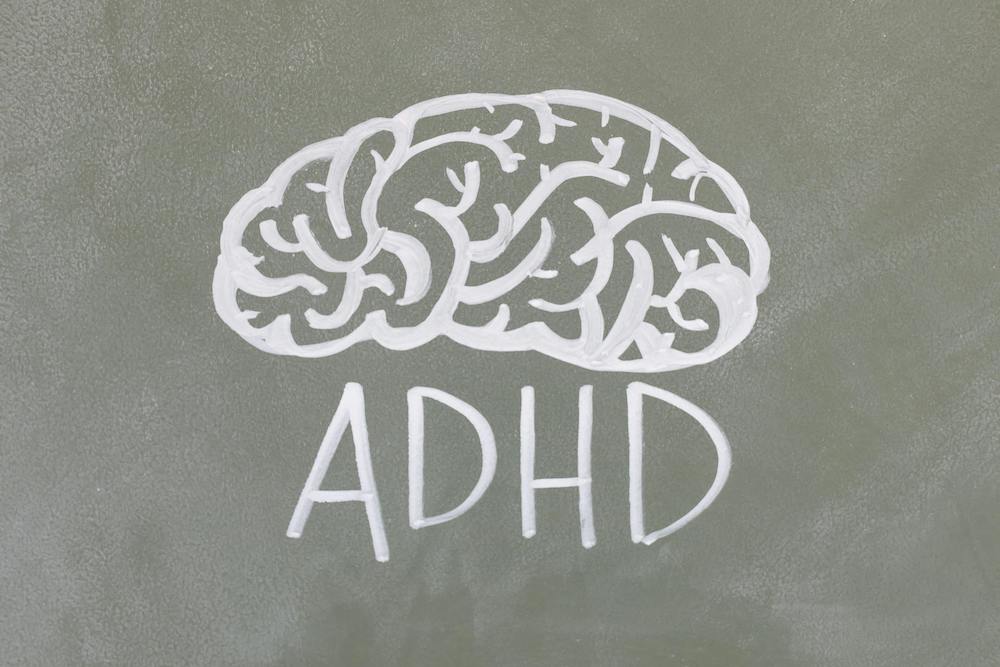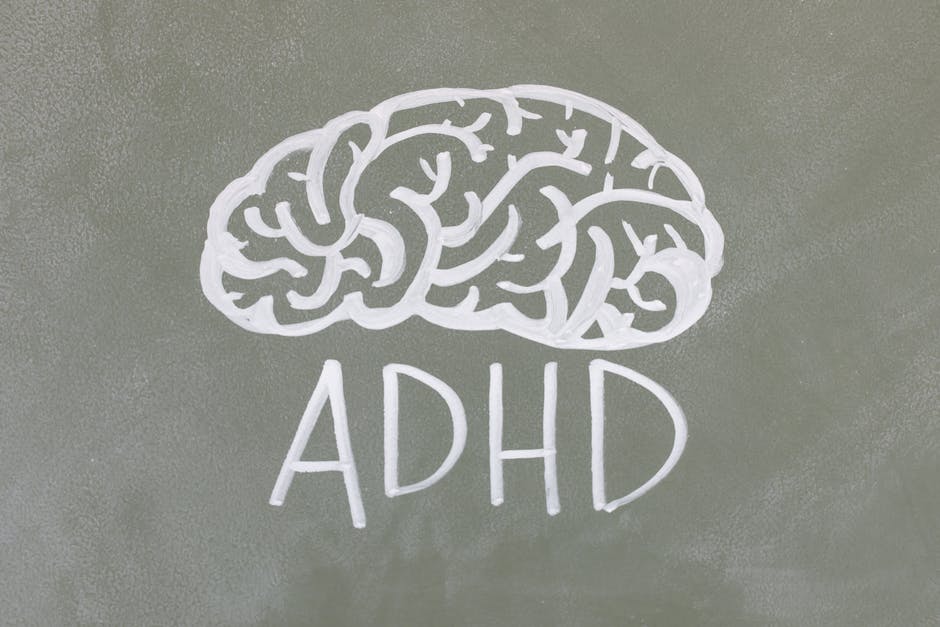ADHD Testing
IN PERSON & ONLINE TESTING AVAILABLE
Virtual testing services available!
Have You Noticed Possible ADHD Symptoms In Yourself Or Your Child?
Do you struggle to keep up with deadlines and complete tasks at work, no matter how many times you’ve tried to get organized?
Are you concerned that your child’s disruptive behavior in the classroom is making them fall behind in school?
Do you have a tendency to forget about plans you’ve made with friends or drop consistent routines out of sheer boredom?
Maybe your friends and family have expressed concerns about your forgetfulness or lateness, or your manager has gotten frustrated because you’re frequently distracted during important meetings. Or perhaps you’ve noticed that your child struggles to complete their homework, start tasks independently, sit quietly during class, or wait their turn during activities. While these symptoms do not always mean that an adult or child has ADHD, they can be warning signs.
Undiagnosed ADHD Can Pose Obstacles In Every Area Of Your Life
Adults with ADHD might have trouble forming strong friendships and romantic relationships, holding down a job, staying on top of domestic responsibilities like cleaning and running errands, or sticking with hobbies or long-term projects. Children with ADHD may find it hard to keep their grades up or comply with classroom rules, which can lead to disciplinary problems.
If you or your child has been dealing with issues like these, it may be time to seek answers. Through ADHD testing, you can identify possible causes of your symptoms, receive a formal ADHD diagnosis if appropriate, explore potential alternative factors for the challenges you’ve been facing, and start taking steps toward treatment.
Contact Us
Recent Posts

Identifying ADHD Symptoms in Teenage Girls
As a parent or educator, you may find it challenging to recognize ADHD symptoms in teenage girls. Unlike their male counterparts, girls often exhibit less obvious signs of this neurodevelopmental disorder. When discussing ADHD (Attention Deficit Hyperactivity...

Unmasking ADHD – Dispelling Misconceptions and Embracing Neurodiversity
In a world where misinformation often overshadows truth, understanding Attention-Deficit/Hyperactivity Disorder (ADHD) can be clouded by misconceptions. It's crucial to challenge preconceived notions and foster a deeper understanding of neurodiversity. In this...
ADHD Can Manifest In Different Ways
Prior to participating in ADHD testing, it’s important to understand the different presentations of ADHD. People with ADHD may be diagnosed with the inattentive type, hyperactive type, or a combination of both. People with the hyperactive type of ADHD generally have a tendency to fidget and struggle to sit still for long periods of time. They may be prone to talking excessively or interrupting conversations. Individuals with this form of ADHD may have difficulty listening to classroom rules in childhood, sparking concern from their teachers.
Many people who struggle with executive function and concentration don’t realize that they may have ADHD because their symptoms do not match the classic image of hyperactivity. Instead, they may be suffering from the inattentive type. People with inattentive ADHD typically have short attention spans and spend lots of time daydreaming. They may come across as forgetful and disorganized, and they might find it challenging to start or complete tasks in a timely manner. Although these symptoms can be frustrating, teachers and parents are less likely to notice inattentive ADHD in children simply because the symptoms aren’t as disruptive to others.
Other Disorders Can Present Similarly To ADHD
People with all three types of ADHD can find it hard to carry out essential daily activities, like waking up and going to bed on time, estimating how much time they’ll need to complete a task, maintaining healthy hygiene routines, or even eating regular meals. However, these symptoms can sometimes arise because of other mental health conditions, such as anxiety, depression, sleep problems, learning disabilities, autism spectrum disorder, and nonverbal learning disorder (NVLD). With ADHD testing, you can learn whether or not you have ADHD, a different mental health condition, or multiple diagnoses.
ADHD Testing Can Help You Receive An Accurate Diagnosis
At Relucent Psychology Group, we offer ADHD assessments for adults, teens, and children. Our evaluator will provide you with comprehensive, transparent information about the diagnostic process before, during, and after testing so that you feel prepared and relaxed.
What To Expect During ADHD Testing
Our complete ADHD testing process includes an intake session, testing, video feedback, and a records review if necessary. Furthermore, when you’ve received your test results, we can provide additional support for your next steps. In addition to offering direct referrals for ADHD therapy services at our practice, our evaluator can assist you in starting the process for filing for disability, requesting accommodations at work or in school, or setting up an IEP for your child.
Our Approach To ADHD Tests For Adults, Teens, And Children

Next, the process includes four hours of in-person or virtual testing, which will focus on cognitive abilities, attentional skills, and self- and/or other-reported observations. Two hours of academic testing can be added on at a reduced additional fee if concerns related to school performance are present or to rule-out concerns about learning disabilities. We offer separate learning disability testing if you have no initial concerns about ADHD.
This will be followed by 1.5 hours of video feedback, split into two parts. The first hour will take place approximately one to two weeks after your final testing session, and the remaining half hour will take place a few weeks after your testing to discuss any additional questions about referrals and recommendations.
If necessary, we may also proceed with an optional review of relevant records. This can include school report cards with teacher comments, proof of difficulties with workplace expectations, medical records, and/or past legal records. Documents with more than five total pages will be reviewed at an additional fee quoted prior to services being provided.
But You May Still Have Questions About ADHD Testing…
How much does ADHD testing cost?
ADHD testing costs $5000-7000. While most reports are complete within 2 to 3 weeks of finishing the ADHD testing process, we can provide rush reports within four business days of test completion for an additional $500 fee or within two business days for a $750 fee.
We are an out-of-network provider, so we do not bill insurance companies directly. However, we are happy to provide a superbill at the end of testing. If you seek reimbursement, you can call your health care insurance provider to ask about your out-of-network benefits, deductible requirements, and reimbursement rates for CPT and ICD-10 diagnostic codes.
Possible ICD-10 codes for ADHD evaluations are: F90.0 ADHD (predominantly inattentive type), F90.1 ADHD (predominantly hyperactive type), F90.2 ADHD (combined type), F90.9 ADHD (unspecified type).
Does it make a difference whether the tests are carried out virtually or in person?
No, there is no difference in accuracy between our virtual and in-person testing processes. The tests we offer in person and online are nearly identical, and both evaluation methods are equally valid. However, if you do not have reliable technology or if you have difficulty focusing while working at a computer, we recommend pursuing in-person testing. In-person tests take place at our San Jose location.
If I don’t have ADHD, does this evaluation explore other possible explanations for my symptoms?
Yes. Even if you do not have ADHD, this assessment will help you explore potential mood, anxiety, personality, and environmental factors that might be contributing to your symptoms. If you learn that you do not have ADHD as a result of this assessment, you will be one step closer to figuring out an accurate diagnosis.
ADHD Testing Can Help You Gain Clarity And Move Forward
If you suspect that you or your child has ADHD and you’re seeking an explanation for your symptoms, it may be time to register for testing. We invite you to call or text us today at 408-680-4114 to schedule a free consultation or book your intake session.






